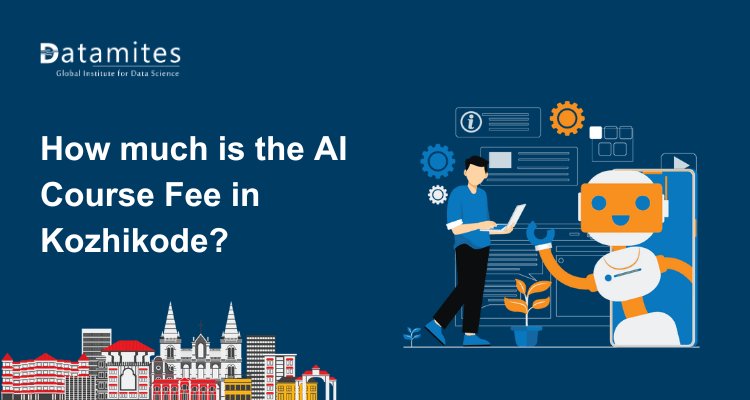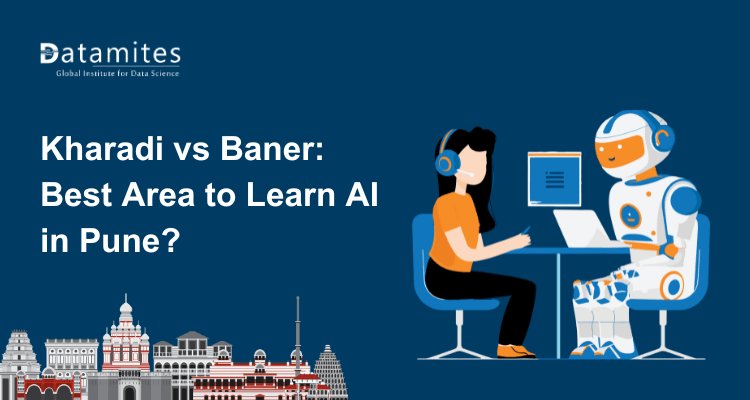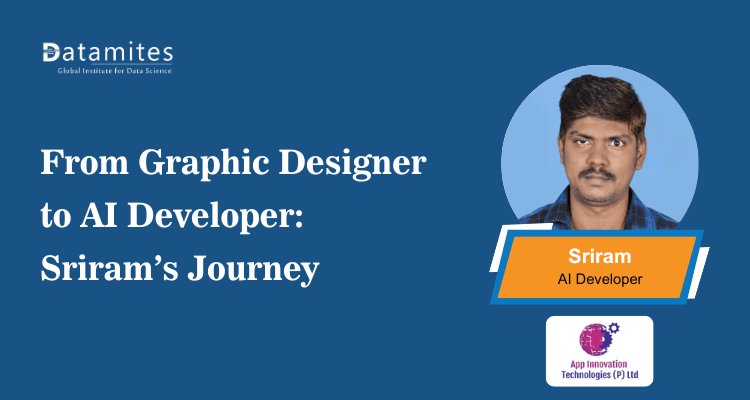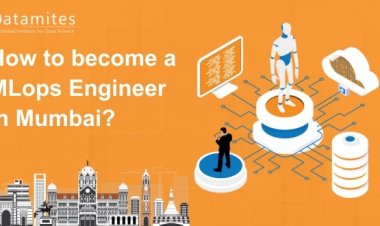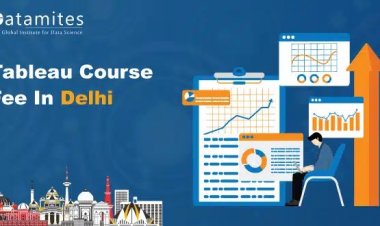How Does Artificial Intelligence Help Astronomy?
Artificial Intelligence is revolutionizing astronomy by analyzing massive cosmic datasets, identifying new celestial bodies, and uncovering mysteries of the universe.
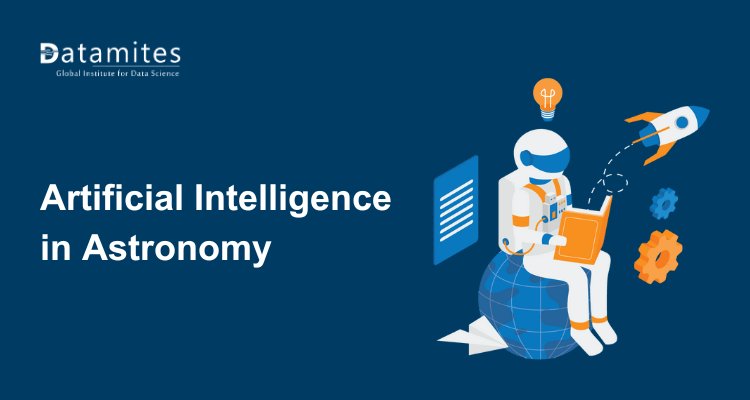
Astronomy has always been about exploring the unknown, from distant galaxies to mysterious cosmic phenomena. With the advent of Artificial Intelligence, astronomers now have a powerful tool to process massive amounts of data, detect celestial objects, and predict cosmic events more efficiently than ever. In this article, we explore how Artificial Intelligence helps astronomy, revolutionizing our understanding of the universe.
Artificial Intelligence for Data Processing in Astronomy
Astronomers collect petabytes of data each year from telescopes such as Hubble, James Webb, and various radio observatories. Analyzing this enormous volume of information manually would take centuries but Artificial Intelligence makes it possible in a matter of minutes.
Through advanced algorithms like Machine Learning and Deep Learning , AI can efficiently identify patterns, classify celestial data, and detect anomalies that might go unnoticed by human researchers. Neural networks are used to analyze light curves and spectral readings, helping determine the type, distance, and characteristics of stars and galaxies.
AI enhances data quality by removing noise, correcting imaging distortions, and prioritizing high-value observations, allowing astronomers to focus on meaningful insights rather than manual data cleanup. The growing adoption of such technologies is fueling the AI market global revenues for general AI toolkits, which serve as the foundation for astronomical AI applications, are expected to reach $91.6 billion by 2028, growing at a CAGR of 36.2%. (Markets and Markets).
Detecting Celestial Objects
Detecting stars, planets, asteroids, and other celestial bodies lies at the heart of astronomical research. Traditional detection methods rely on extensive manual observation and complex calculations, often making the process time-consuming and prone to oversight.
With Artificial Intelligence, astronomers can now scan vast regions of space and identify celestial objects with remarkable speed and precision. Convolutional Neural Networks (CNNs), a type of deep learning model, are widely used to analyze star observation data and detect exoplanets orbiting distant stars.
AI not only accelerates the discovery process but also enhances accuracy spotting faint or subtle patterns that human eyes might overlook. This capability significantly boosts the potential for identifying new planets, asteroids, and near-Earth objects, advancing our understanding of the universe.
Predicting Cosmic Events
Artificial Intelligence is not only transforming how we observe the universe but also how we predict its future. By analyzing vast amounts of historical astronomical data, Artificial Intelligence models can accurately forecast cosmic events such as solar flares, supernovae, and asteroid trajectories.
These predictive AI systems enable astronomers to anticipate rare or potentially hazardous occurrences, helping protect satellites, communication networks, and other Earth-based infrastructure from cosmic disruptions.
For space missions, this capability is invaluable. AI-driven predictions allow space agencies to plan safer trajectories, avoid collisions or hazards, and optimize observational schedules, ensuring efficient and secure exploration of the cosmos.
Refer these below articles:
- Generative Adversarial Networks
- What Is Vertex Artificial Intelligence?
- What is Simple Linear Regression
AI in Space Exploration and Robotics
Artificial Intelligence is revolutionizing space exploration by enabling autonomous decision-making and enhancing robotic capabilities in environments that are too dangerous or distant for humans. Spacecraft, satellites, and robotic rovers increasingly rely on AI to carry out complex tasks with minimal human supervision. This reduces operational delays caused by communication lags between Earth and spacecraft, which can take minutes or even hours depending on the distance.
Autonomous spacecraft use AI algorithms to navigate through space, optimize fuel consumption, and adjust trajectories in real time. AI also powers satellite systems to monitor planetary weather patterns, track space debris, and manage onboard instruments efficiently. This ensures missions remain precise and safe, even in unpredictable conditions.
Robotic rovers, such as NASA’s Perseverance and Curiosity on Mars, are prime examples of AI-driven space exploration. These rovers are equipped with machine learning algorithms that allow them to analyze terrain, detect scientifically valuable rock formations, and plan safe paths across rugged landscapes. By evaluating obstacles and choosing optimal routes autonomously, AI enables rovers to explore areas that would be too risky or impossible for human-controlled operations.
The integration of AI into space exploration is not limited to planetary missions. Satellites equipped with AI can adjust observation schedules, detect anomalies in data streams, and even predict potential malfunctions. Future AI-driven robotics may include autonomous construction of habitats on the Moon or Mars, maintenance of space stations, and coordination of multiple robotic explorers working in tandem.
Understanding the Universe
Beyond its practical applications, Artificial Intelligence is transforming how scientists explore and understand the universe. AI enables researchers to model complex phenomena, such as galaxy formation, star evolution, and the behavior of cosmic structures, in ways that were previously impossible. It also helps analyze massive datasets, including cosmic microwave background radiation, to uncover hidden patterns and insights.
By detecting subtle structures and correlations in vast cosmic datasets, AI is contributing to our understanding of fundamental mysteries like dark matter, dark energy, and the underlying laws that govern the cosmos. This powerful combination of AI and astronomy accelerates discoveries on both micro and macro scales, from studying individual stars to mapping the large-scale structure of the universe.
Future Prospects of AI in Astronomy
The future of AI in astronomy is incredibly promising. As AI algorithms become more advanced, they will handle increasingly complex datasets, enhance real-time space observations, and improve predictive accuracy.
Emerging technologies, such as quantum computing and deep reinforcement learning, may further revolutionize space exploration and cosmic research. With AI as a partner, humanity is poised to explore the universe in ways previously limited to imagination.
Artificial Intelligence is transforming astronomy by automating data processing, detecting celestial objects, predicting cosmic events, and enabling autonomous exploration. Its role in understanding the universe and shaping future space missions is undeniable. As AI continues to evolve, it promises to unlock new mysteries of the cosmos, bringing us closer than ever to the stars. For students and enthusiasts looking to enter this field, enrolling in an artificial intelligence training in bangalore can provide the skills needed to contribute to this exciting intersection of AI and astronomy.
Bangalore, often referred to as the “Silicon Valley of India,” has emerged as a leading global hub for Artificial Intelligence and Machine Learning . With its vibrant ecosystem of world-class educational institutions, a thriving startup scene, and substantial investments from global technology leaders, the city has become a prime destination for pursuing an AI and Machine Learning course in Bangalore. This strong synergy between academia, industry, and innovation continues to drive Bangalore’s reputation as a powerhouse for AI-driven talent and research.
DataMites is a leading training institute for Artificial Intelligence courses in Bangalore, along with programs in Machine Learning, Data Science, and other in-demand technologies. Learners gain access to globally recognized certifications accredited by IABAC and NASSCOM FutureSkills, supported by comprehensive career services that include resume building, mock interviews, and strong industry connections. Datamites Bangalore training centers located in Kudlu Gate, BTM Layout, and Marathahalli, DataMites provides both online and classroom learning options to suit diverse learning needs.
Read these below articles:

